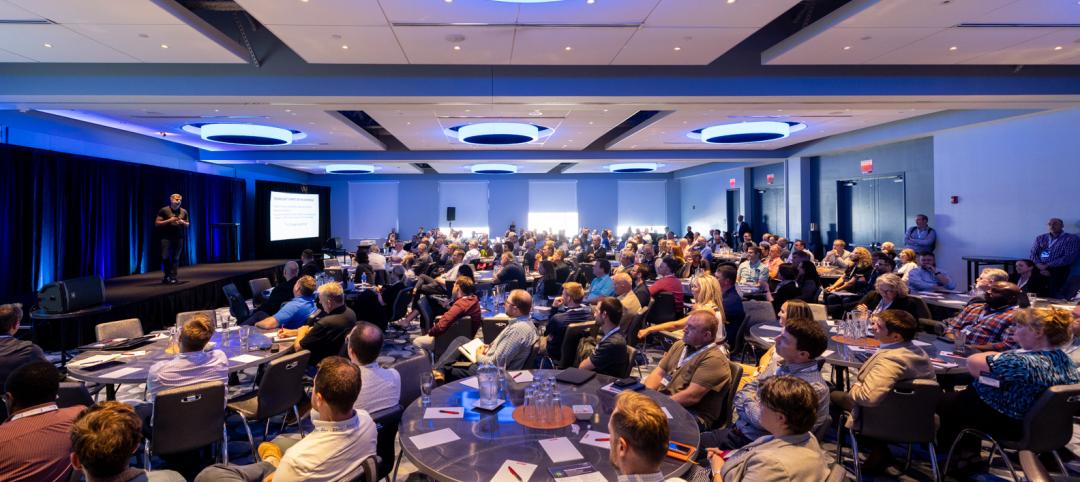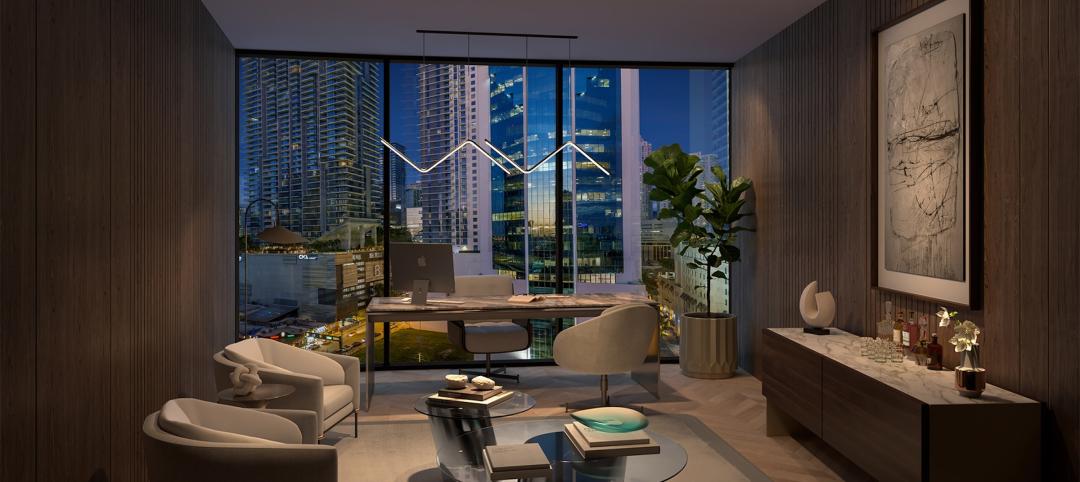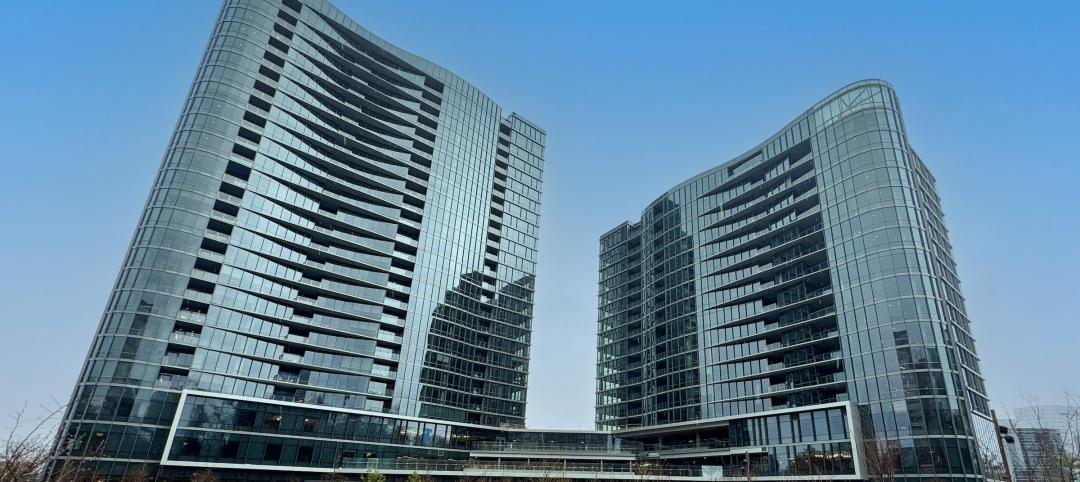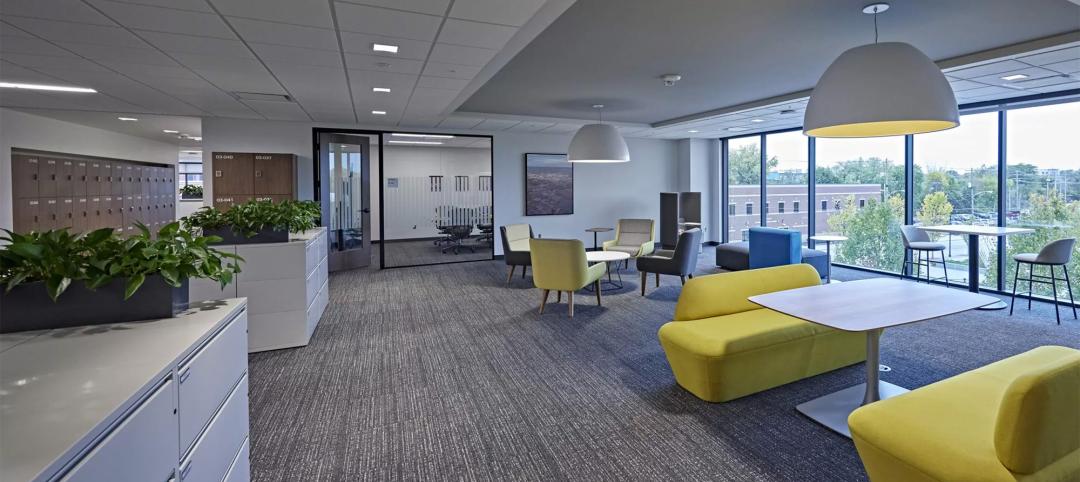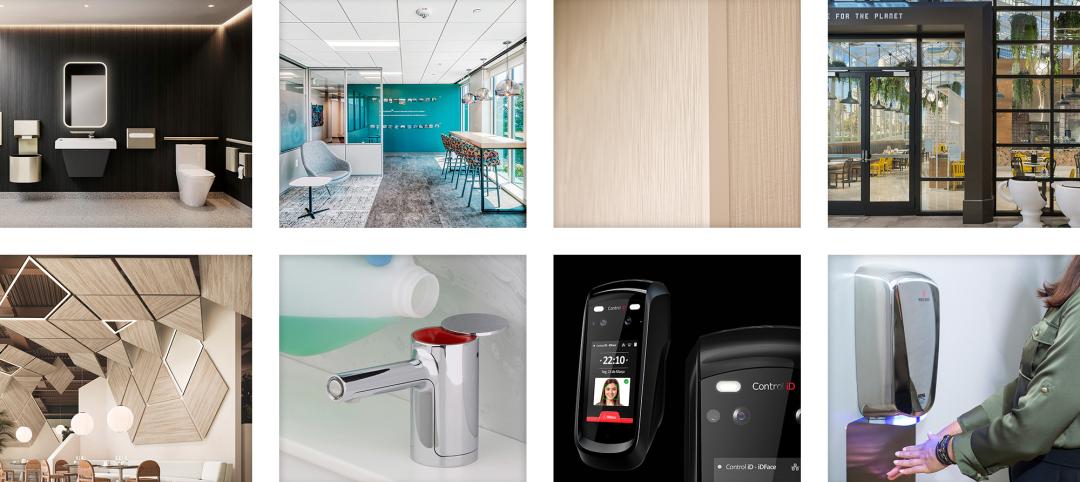Washington, DC (November 11, 2010) – This month, the total footprint of commercial projects certified under the U.S. Green Building Council’s (USGBC) LEED Green Building Rating System surpassed one billion square feet. Another six billion square feet of projects are registered and currently working toward LEED certification around the world.
“This traction demonstrates the transformation of the way we design, build and operate buildings,” said Rick Fedrizzi, President, CEO and Founding Chair, USGBC. “Not only does green building contribute to saving energy, water and money, it also creates green jobs that will grow and energize our economy.”
The milestone is a testament to the global effort to meet USGBC’s vision that buildings and communities will regenerate and sustain the health and vitality of all life within this generation. LEED is the preeminent program for the design, construction and operation of high-performance green buildings.
“The impact of these one billion square feet can be seen in communities around the world,” said Peter Templeton, President of the Green Building Certification Institute, the certifying body for LEED projects. “The use of LEED represents a growing global commitment to improving our built environment for future generations.”
Since it was first introduced to the marketplace in 2000, over 36,000 commercial projects and 38,000 single-family homes have participated in LEED. By consuming less energy, LEED-certified buildings save money for families, businesses and taxpayers; reduce greenhouse gas emissions; and contribute to healthier environments for residents, workers and the community.
U.S. Green Building Council
The USGBC community is transforming the way we build, design and operate our buildings for healthier places that save precious resources for people to live, work, learn and play in. UGSBC is helping create buildings and communities that regenerate and sustain the health and vitality of all life within a generation. Headquartered in Washington, D.C., the Council is the driving force of the green building industry, which is projected to contribute $554 billion to the U.S. gross domestic product by 2013. USGBC leads a diverse constituency of builders and environmentalists, corporations and nonprofit organizations, elected officials, concerned citizens, teachers and students. The USGBC community comprises 80 local chapters, 17,000 member companies and organizations, and more than 155,000 individuals who have earned LEED Professional Credentials. Visit www.usgbc.orghttp://www.usgbc.org for more information.
About GBCI
The Green Building Certification Institute (GBCI) provides third-party confirmation that specific criteria related to LEED building certification and LEED professional credentialing have been met. To underscore this commitment, GBCI is undergoing the American National Standards Institute (ANSI) accreditation process for personnel certification agencies complying with International Organization for Standardization (ISO) Standard 17024. Early in 2009, GBCI assumed responsibility for administering the LEED building certification program for the more than 36,000 commercial projects seeking third-party verification of compliance with the industry's leading green building rating system. For more information, please visit www.gbci.org.
Related Stories
AEC Tech Innovation | Jul 4, 2024
Caution competes with inevitability at conference exploring artificial intelligence for design and construction
Hosted by PSMJ, AEC Innovate in Boston found an AEC industry anxiously at the threshold of change.
Building Team | Jul 3, 2024
So you want to get published: What’s next?
In the AEC industry, securing media attention is no longer a niche endeavor but an essential component of a holistic marketing strategy.
Laboratories | Jul 3, 2024
New science, old buildings: Renovating for efficiency, flexibility, and connection
What does the research space of the future look like? And can it be housed in older buildings—or does it require new construction?
MFPRO+ New Projects | Jul 2, 2024
Miami residential condo tower provides a deeded office unit for every buyer
A new Miami residential condo office tower sweetens the deal for buyers by providing an individual, deeded and furnished office with each condo unit purchased. One Twenty Brickell Residences, a 34-story, 240-unit tower, also offers more than 60,000 sf of exclusive residential amenities.
Student Housing | Jul 1, 2024
Two-tower luxury senior living community features wellness and biophilic elements
A new, two-building, 27-story senior living community in Tysons, Va., emphasizes wellness and biophilic design elements. The Mather, a luxury community for adults aged 62 and older, is situated on a small site surrounded by high-rises.
Office Buildings | Jul 1, 2024
Mastering office layouts: 5 primary models for maximum efficiency and productivity
When laying out an office, there are many factors to consider. It’s important to maximize the space, but it’s equally important to make sure the design allows employees to work efficiently.
Smart Buildings | Jul 1, 2024
GSA to invest $80 million on smart building technologies at federal properties
The U.S. General Services Administration (GSA) will invest $80 million from the Inflation Reduction Act (IRA) into smart building technologies within 560 federal buildings. GSA intends to enhance operations through granular controls, expand available reporting with more advanced metering sources, and optimize the operator experience.
Sustainability | Jul 1, 2024
Amazon, JPMorgan Chase among companies collaborating with ILFI to advance carbon verification
Four companies (Amazon, JPMorgan Chase, JLL, and Prologis) are working with the International Living Future Institute to support development of new versions of Zero Carbon Certification.
K-12 Schools | Jul 1, 2024
New guidelines for securing schools and community spaces released by the Door Security and Safety Foundation
The Door Security and Safety Foundation (DSSF), in collaboration with Door and Hardware Institute (DHI), recently released of “Are Your Door Openings Secure?.” The document provides guidelines to equip school administrators, building management personnel, and community leaders with a clear roadmap to create a secure and safe environment.
Products and Materials | Jun 30, 2024
Top products from AIA 2024
This month, Building Design+Construction editors are bringing you the top products displayed at the 2024 AIA Conference on Architecture & Design. Nearly 550 building product manufacturers showcased their products—here are 17 that caught our eye.


